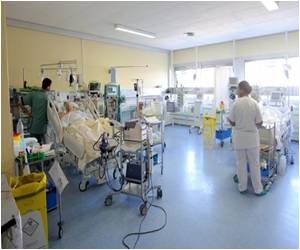The consequences of healthcare-associated infections (HAIs) reach well beyond patients' physical health, souring social relationships, and leading some healthcare providers (HCP) to distance themselves from affected patients.

‘The consequences of healthcare-associated infections (HAIs) reach well beyond patients' physical health, souring social relationships, and leading some healthcare providers (HCP) to distance themselves from affected patients.’





The authors of this meta-synthesis urge HCP to consider the social circumstances that color patient experiences, including feeling shameful and dirty, and the responses of those around them, especially those of HCP. According to the analysis, many patients experienced an emotional response to their diagnosis and described "feeling dirty," "having the plague," or "feeling like a leper." While emotional responses varied based on type of HAI, patients with nearly all colonization or infection types reported a fear of transmitting their infection to others. This fear affected patients' personal and workplace relationships. Some patients, particularly those colonized by MRSA, also expressed concern about working in certain professions because of their condition and a fear of rejection by coworkers.
"Having an HAI is a significant event in the patient's care journey and subsequent life that is influenced by biology, society and context," said Kay Currie, PhD, the paper's lead author. "Understanding the patient experience can help HCP to interact and respond in a constructive way, providing more effective support during this challenging time in a patient's healthcare experience."
The analysis also found:
The studies highlight patient reports of exclusion from rehabilitation classes, requirements to wait until the end of clinic appointments to be seen, or restrictions on attending clinics.
Advertisement
Many patients reported interactions in a climate that induced fear and uncertainty, particularly when frontline HCP lacked knowledge of the causes and consequences of HAIs and could not provide the patient with adequate information. This finding highlighted the sociocultural context in which the infection or colonization occurs.
Advertisement
Source-Eurekalert










